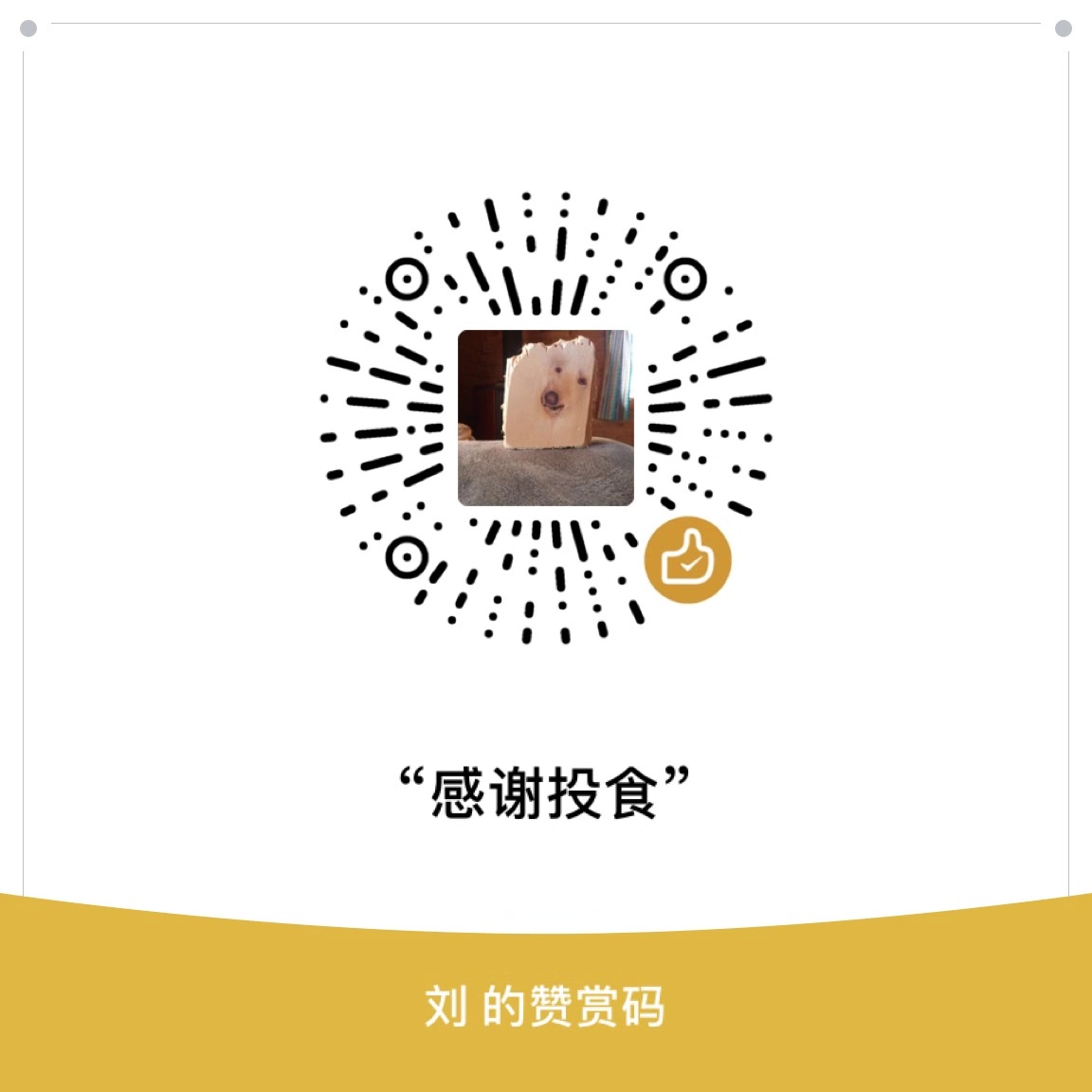- 基本 scalars
- 组合 collections
数据类型的特定
- immutable 不可变的
- lazy 惰性加载
- persistent 持久性
基本数据类型
- Number(long, double, ratio)
- Bool
- String
- Character
- Symbol(符号)/Keyword(关键字) Lisp语言特有的两种类型
使用type可以得知变量的数据类型,clojure中数字默认是long类型(不同于java是int)。1
2
3
4
5
6
7
8
9
10
11
12
13
14
15
16
17
18
19
20
21
22
23
24
25(type 2)
=> java.lang.Long
(type 1/3)
=> clojure.lang.Ratio
(type 3.14)
=> java.lang.Double
(type "hello world")
=> java.lang.String
(type \a)
=> java.lang.Character
(type true)
=> java.lang.Boolean
(type false)
=> java.lang.Boolean
(type 'a)
=> clojure.lang.Symbol
(type :a)
=> clojure.lang.Keyword
nil与false
nil相当于null;
不同与C/C++,在C/C++中一般0代表false,1代表true。
Clojure中除nil和false以外,其他值均为真值(truthiness)。所以下面输出结果为true,因为0是真值。1
2(if 0 true false)
=> true
整型
在clojure中,整数类型不同于JAVA,java中整数类型默认是int/Integer,而clojure中是long/Long
Numbers
Clojure中的 Numbers 数据类型派生自Java类。
Clojure的Numbers类型支持整型和浮点型。
整型是不包含分数的值。
浮点型是包含小数部分的十进制值。
Numbers包含JAVA中的Byte、Double、Float、Integer、Short、Long
Ratio
Symbol & Keyword
- Symbol标识符(identifiers),指向其他值。在macro中非常游泳
- Keyword: 与Symbol类似,区别在于其他值指向自身,fast equality tests。一般用在map中

